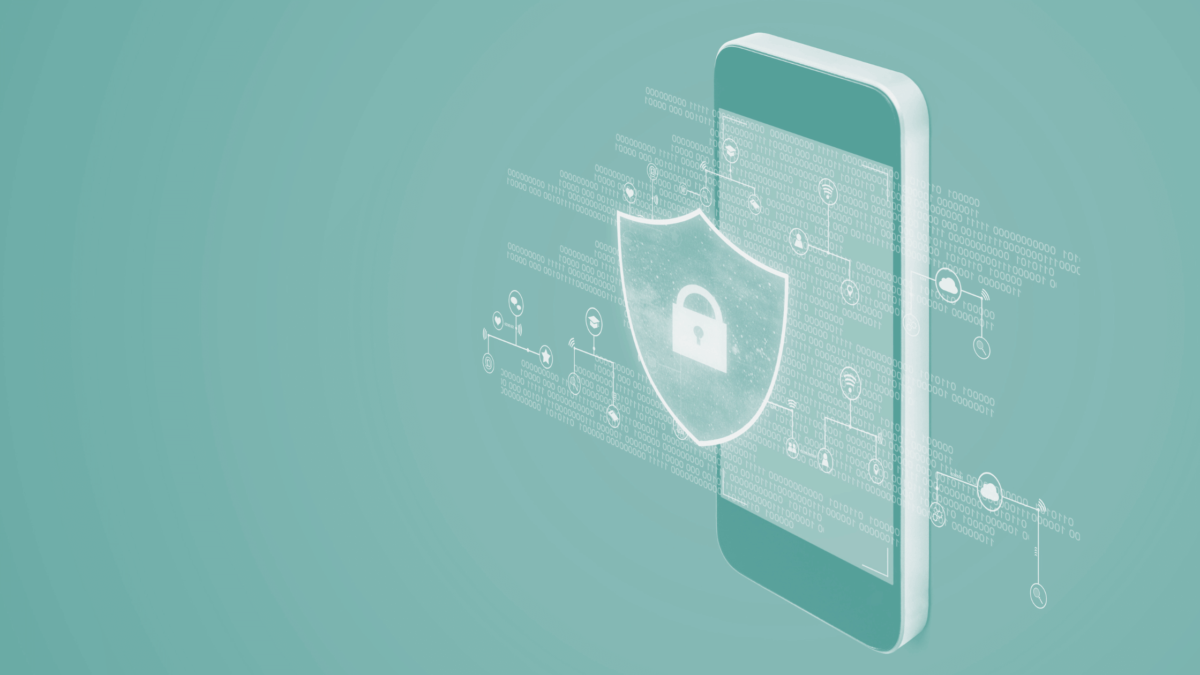
Today we’re diving into a topic that might not be glamorous, but it’s absolutely vital for your small business: website security. In this digital age, where hackers and data breaches are becoming increasingly common, it’s crucial to protect your online presence. However, as a busy entrepreneur, implementing security measures like SSL certificates and regular backups can be overwhelming. Don’t worry, though! In this post, we’ll guide you through the process with practical tips and advice, ensuring that your small business website stays safe and secure.
Understanding the Risks
Before we jump into the details of website security, let’s take a moment to understand the potential threats your small business website may face. Hackers, data breaches, and other security threats are no longer exclusive to large corporations.
According to Cybint News, 43% of cyber attacks target small businesses. Cybercriminals often attack small business websites because they perceive them to be easy targets. Common security threats include:
- Hacking Attempts: Cybercriminals exploit vulnerabilities in website infrastructure or outdated software to gain unauthorized access.
- Data Breaches: The loss or theft of customer data can result in reputational damage, financial loss, and legal consequences.
- Malware Infections: Malicious software can infect websites, compromising user data or using the website as a platform for distributing malware.
- Phishing Attacks: Fraudulent emails, disguised as legitimate communication, trick users into revealing sensitive information like passwords or credit card details.
As you can see in the image below, my own website is often the target of cyberattacks. Luckily, I have security measures in place to block these attempts.

Essential Website Security Measures
Now that you’re aware of the potential risks, let’s explore essential security measures you can implement to protect your website. These include:
- Add an SSL Certificate: SSL (Secure Sockets Layer) certificates encrypt the data transmitted between your website and users’ browsers. This ensures that sensitive information remains secure. It also provides a trust indicator, such as the padlock symbol, that assures visitors that your website is safe. Many web hosting providers, like InMotion Hosting, offer free or affordable SSL certificates, making it easier for small business owners to adopt this crucial security measure.
- Regular Backups: Data loss can be catastrophic for any business, especially if you don’t have a backup plan in place. Regularly backing up your website data to an external, secure location is a must. This way, if your website is compromised or experiences technical issues, you can easily restore it to its previous state.
- Updates: Outdated software, including content management systems (CMS) and plugins, can create security vulnerabilities. Stay vigilant by regularly updating your website’s software and promptly applying patches released by developers.
- Strong Passwords and User Permissions: Enforce strong passwords for all user accounts. Regularly remind your team members to update them. Restrict administrative privileges to only those who need them, minimizing the risk of unauthorized access. Never use the username “admin” or the name of your business. These are the first usernames hackers will attempt to use.
- Web Application Firewalls (WAF): A WAF acts as a protective shield, monitoring and filtering incoming web traffic to block potential threats. It can help detect and mitigate attacks like cross-site scripting (XSS) and SQL injections, providing an extra layer of security.
- Limit Login Attempts: A brute force login attack consists of a large number of repeated attempts at guessing your username and password to gain access to your WordPress administration screen. Limiting the number of login attempts that your site allows is a great way to protect yourself against this type of attack. I personally limit this to 3 login attempts.
Protect Your Website from Cyber Threats

As small business websites continue to face security threats, it is crucial to prioritize website security. By understanding the potential vulnerabilities and implementing effective security measures you can significantly reduce your risk of cyber threats.
Furthermore, seeking assistance from a website designer can provide invaluable expertise and support in ensuring robust website security. These are measures that I put in place for every client that I work with.
Remember, website security is an ongoing process that requires regular monitoring and updates. Stay vigilant, keep up with the latest security trends, and prioritize protection.

